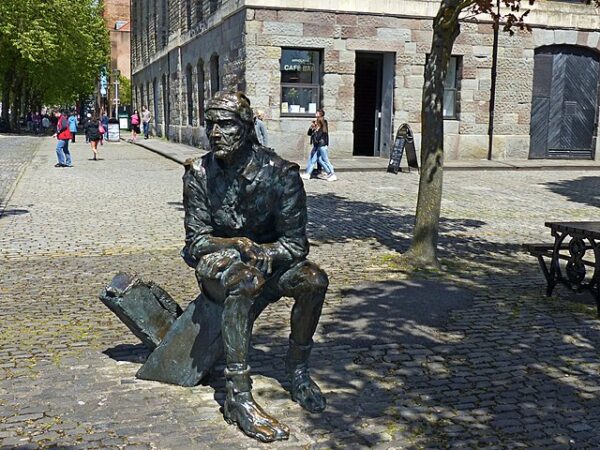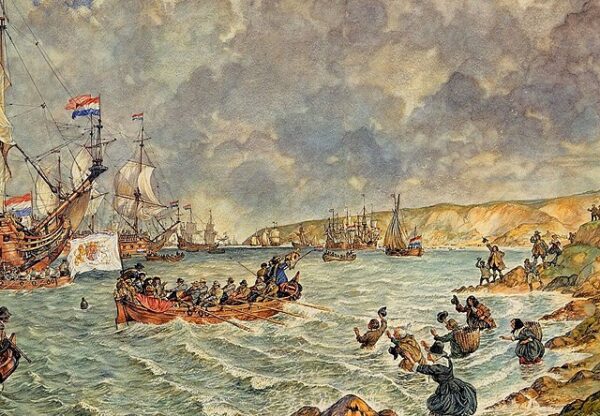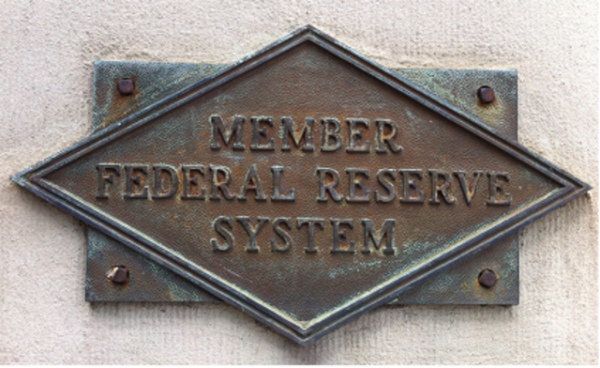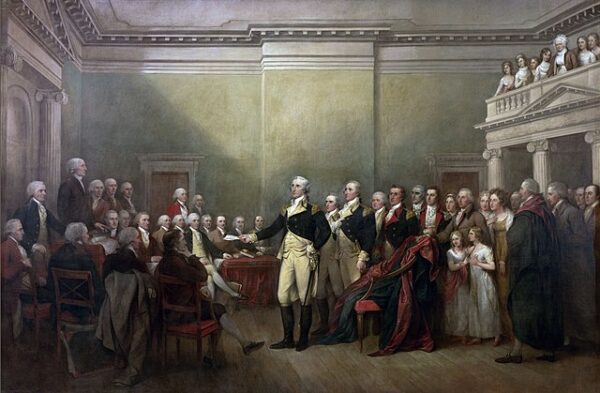On June 24, 1497, John Cabot, an Italian navigator commissioned by King Henry VII of England, became the first European to lead an expedition to North America since the Norse explorations of Vinland. His historic landing stood as a pivotal moment in the era of European exploration and the subsequent colonization of the New World.
Born around 1450 in Genoa, Italy, Giovanni Caboto—known in English as John Cabot—was driven by the same motivations that fueled many explorers of his time: the desire to discover new trade routes and territories. After relocating to Venice and later to Bristol, England, Cabot sought and received royal patronage for his voyages. In 1496, King Henry VII granted him letters patent, authorizing Cabot to explore unknown lands and claim them for the English crown.
Cabot’s initial attempt in 1496 was thwarted by adverse weather and insufficient supplies, compelling him to turn back. Undeterred, he prepared for a second voyage the following year. In May 1497, Cabot departed from Bristol aboard the ship Matthew, accompanied by a small crew. This journey proved to be more successful.
After several weeks at sea, Cabot and his crew sighted land on June 24, 1497. While the precise location of Cabot’s landfall is still debated among historians—most believing it to be on the coast of Newfoundland, with other possible sites including Cape Breton Island and Labrador—this event marked the first documented European contact with mainland North America since the Vikings nearly 500 years earlier.
Upon landing, Cabot is said to have planted the English and Venetian flags, claiming the new territory for King Henry VII. He referred to the land as “New-found-land,” a term that would later evolve into Newfoundland. Cabot’s reports depicted the region as abundant in natural resources, particularly its rich fisheries, which would eventually attract numerous European fishing expeditions.
Cabot’s successful return to England in August 1497 was celebrated. He presented his findings to Henry VII, highlighting the potential wealth and strategic importance of the newly discovered territories. Cabot’s voyage provided a critical impetus for subsequent English exploration and established the foundation for England’s later claims and colonization efforts in North America.
The significance of Cabot’s discovery went beyond its immediate implications. It marked the beginning of England’s engagement with the New World, predating the more widely recognized expeditions of explorers like Christopher Columbus and Amerigo Vespucci, who are often credited with opening the Americas to European exploration. Cabot’s journey not only demonstrated the feasibility of transatlantic voyages but also underscored the vast opportunities that lay across the Atlantic.






